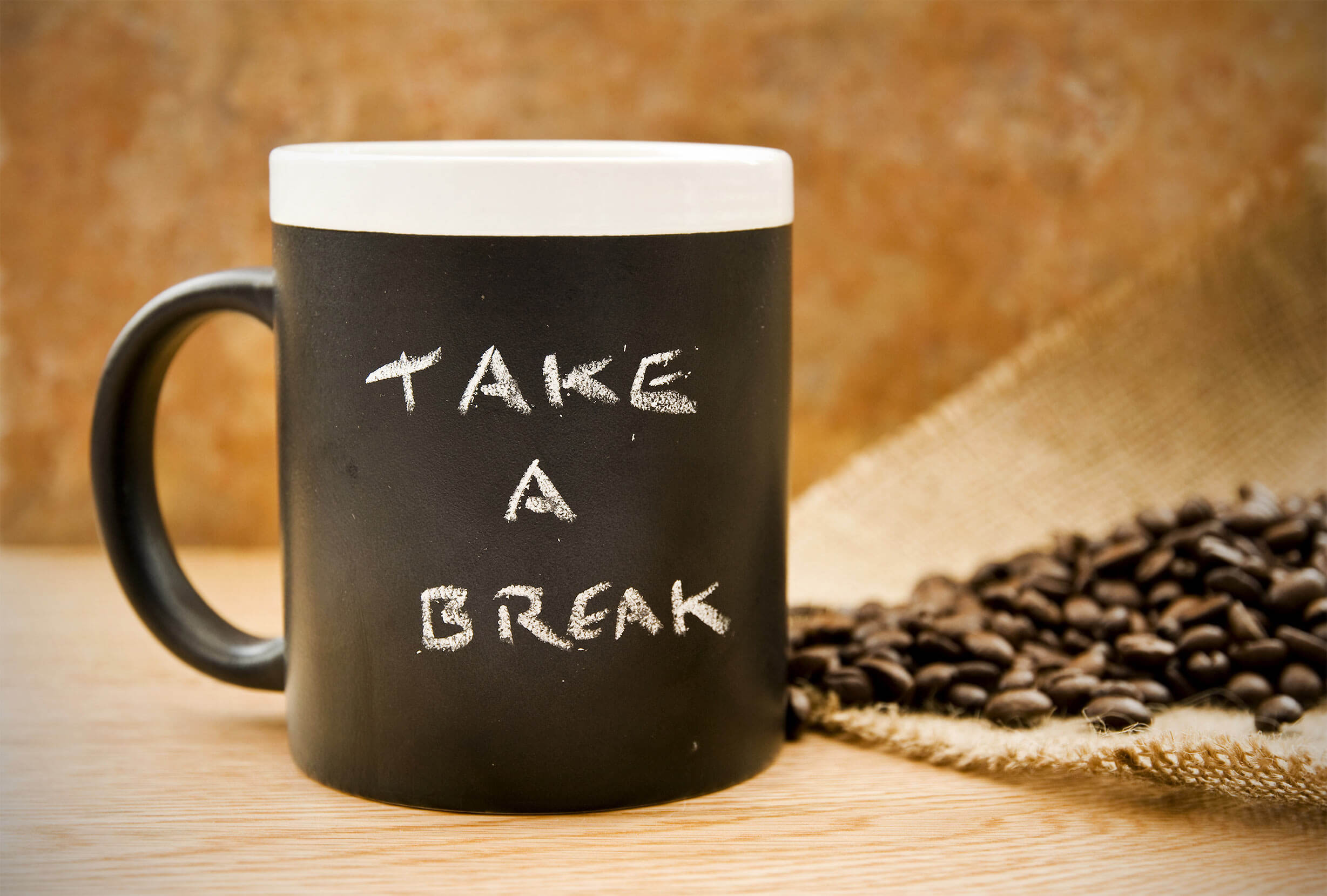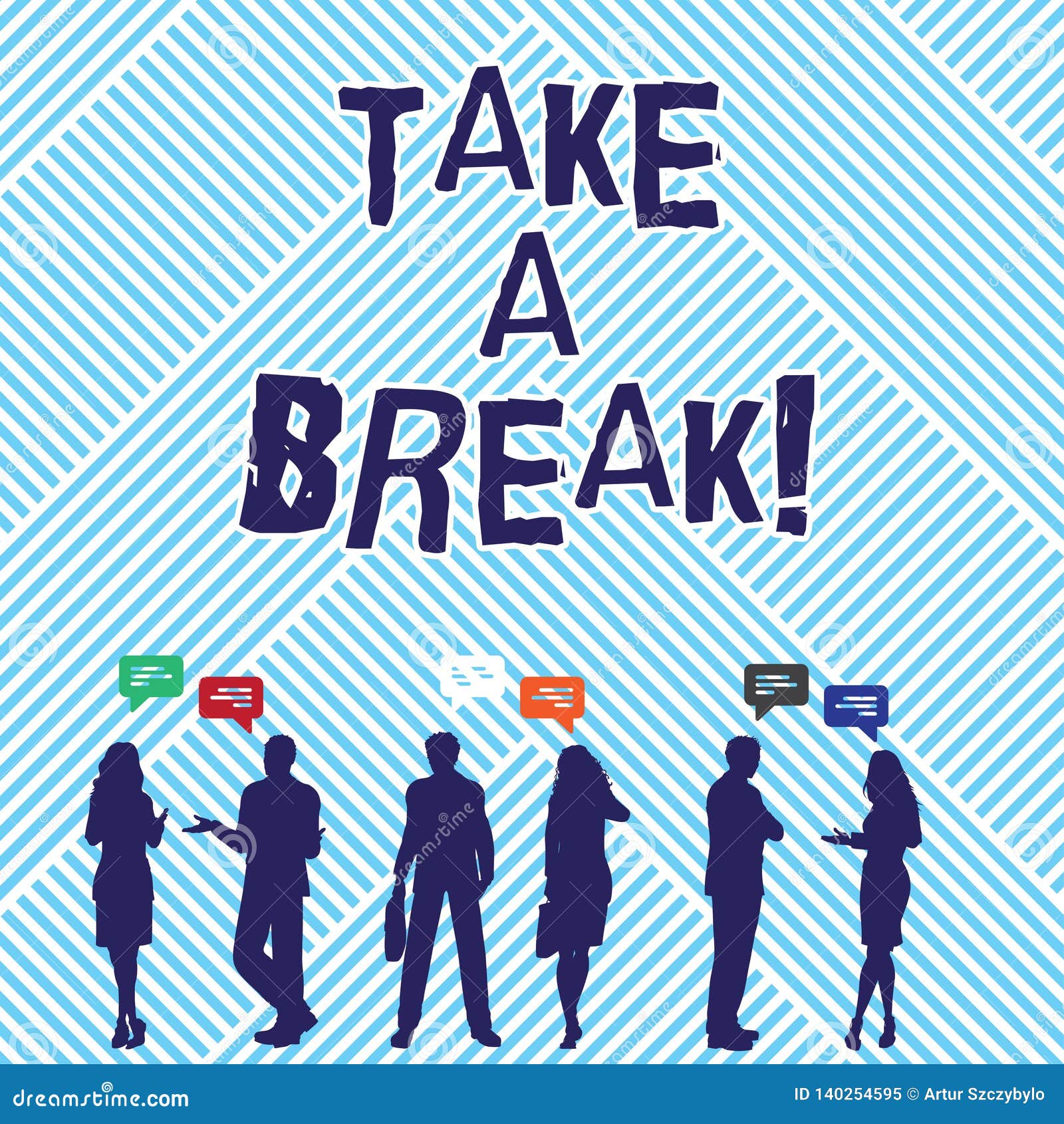
I’ve heard of teams that work remotely but still make a point to meet for lunch in small groups. There are enforced pandemic norms, including a limit on the size of groups, but making time to connect and gather for meals (safely) remains important to the average Singaporean worker. I’ve frequently seen people from all different backgrounds, cultures, job functions, and levels convene during lunch, even in pandemic times. And indeed, we have the privilege of having convenient, quick, relatively healthy, and cost-effective options (for example, hawker centers) in close proximity to most businesses, which creates ideal conditions for team lunches. That’s a shame, because as a Singaporean, lunch time has always been sacred for me. While I’ve long been dedicated to my lunchtime commitment - whether it’s eating away from my desk, catching up with a friend, or going for a walk - I found myself succumbing to the “eat mindlessly in front of your computer” habit (and skipping meals and walks altogether) for much of 2020. Research shows that, thanks to remote work, we’re spending an average of 48.5 minutes more at work each day, attending more meetings, and navigating more emails. In fact, 62% of American workers say they eat lunch at their desks. The nation’s workers also eschew lunch to work longer. has the distinct (dis)honor of being the only country in the OECD that doesn’t guarantee a single day of federally mandated paid time off. And that’s if they were lucky enough to have vacation days at all - the U.S. North American workers are famously overworked in 2018, they took an average of 17.4 vacation days, leaving 768 million vacation days on the table. As we try to make sense of the painful year that just passed and plan for 2021 and the new normal at work, I’d like to add: let’s normalize a proper, generous lunch break - both in the remote work environment and especially when we return to any sort of regular, in-person office environment. Remote working has made it nearly impossible to keep a commitment I try to stick to: to step away from work to eat lunch or go for a walk in the middle of the day. I’m committing to doubling down on this in 2021.

This means not at my desk, not in a meeting or while working, but connecting with someone, or even myself, while I eat mindfully.” “I’d consider my life well-lived if I took time to eat lunch during the workday almost every day. While 2019 looked considerably different than 2020, upon reflection, my answer remains the same: If you are unable to leave the person you care for to attend any of our groups or activities, please contact the Centre and we will discuss the options available to you.In 2019, I was invited to share what I would consider a life well-lived.
#Time to take a break how to#
Breaks can give you some space to think about how to juggle your work-life and caring responsibilities.Making time to care for yourself is like an investment for the future!.If you lack concentration or feel excessively tired, taking a break can have a positive effect.A break can help you with your caring role, so you can return after a rest with a fresh mind.

Spending quality time with friends or family may improve wellbeing and reduce feelings of isolation.A break can allow you to pursue a hobby or leisure activity.A break can give you the time and space to look after your own health.Even a short break can help to reduce stress!.

Here are 10 reasons why it is important for carers to take a break from caring.

No two situations are exactly the same and what might work for someone else may not work for you. With that being said, taking a break doesn’t necessarily mean going on holiday, there are many different ways to wind down and give yourself a much needed rest. In fact if you don’t take a break you could exhaust yourself and thus not be fit enough for caring. This shouldn’t make you feel that you can’t ever take a holiday or break.
#Time to take a break full#
Caring can be a physically and emotionally exhausting role, so It’s important to look after yourself so you have the energy to do the things you enjoy and carry on caring.Ĭaring is a full time job and often it may feel like there aren’t enough hours in the day. Over 6.5 million people in the UK are carers of a partner, child, or friend.


 0 kommentar(er)
0 kommentar(er)
